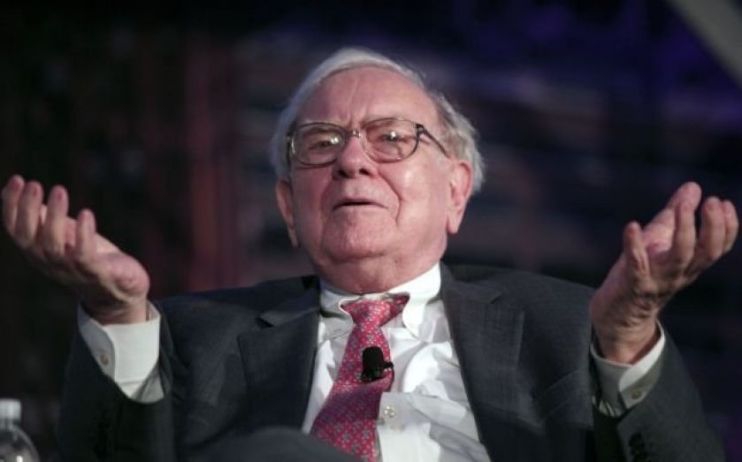Warren Buffett pulls out of US aviation as Berkshire Hathaway hits $50bn loss

Warren Buffett’s Berkshire Hathaway has sold its entire stake in the four largest US airlines as it posted a quarterly loss of nearly $50bn (£40bn).
Buffett yesterday told the company’s annual meeting that “the world has changed” for the aviation industry.
Berkshire held large positions in the airlines, including an 11 per cent stake in Delta Air Lines, 10 per cent of American Airlines, 10 per cent of Southwest Airlines and nine per cent of United Airlines at the end of 2019, according to its annual report and company filings.
The conglomerate was one of the largest individual holders in the four airlines and in 2016 disclosed it had begun investing in the four carriers after avoiding the sector for years.
Airline stocks have been hard hit by the near collapse US travel demand amid the coronavirus pandemic.
Buffett said the airline industry’s outlook rapidly changed.
“We made that decision in terms of the airline business. We took money out of the business basically even at a substantial loss,” Buffett said. “We will not fund a company that — where we think that it is going to chew up money in the future.”
Buffett said Berkshire “made a mistake” investing approximately $7 billion to $8 billion in the sector, which was changed “in a very major way” as the pandemic shut down most air travel.
Berkshire also said that most of its more than 90 businesses are facing “relatively minor to severe” negative effects from covid-19.
The BNSF railroad saw shipping volumes of consumer products and coal fall, while Geico set aside money for car insurance premiums it no longer expects to collect.
Some businesses cut salaries and furloughed workers, and retailers such as See’s Candies and the Nebraska Furniture Mart closed stores.
Buffett also allowed Berkshire’s cash stake to rise to a record $137.3bn from $128 billion at the end of 2019.
That reflected the 89-year-old billionaire’s inability to make large acquisitions and caution in buying stocks.
Berkshire said it bought only a net $1.8bn of stocks in the first quarter. It also said it repurchased $1.7bn of its own stock, but that was less than in the prior quarter.
“Historically, Buffett has been so visible in times of crisis, and encouraged investors to take advantage of market selloffs, but if he doesn’t see opportunities even in his own stock, what are we to think?” said Jim Shanahan, an analyst at Edward Jones & Co..
Berkshire’s first-quarter net loss was $49.75bn, reflecting $54.52bn billion of losses on stock and other investments. Net earnings were $21.66bn a year earlier.
An accounting rule requires Berkshire to report unrealized stock losses and gains with net results, causing huge swings that Buffett considers meaningless.
Quarterly operating profit, which Buffett considers a better performance measure, rose six per cent to $5.87bn, from $5.56bn.
But year-earlier results reflected a charge for investments linked to what prosecutors called a Ponzi scheme at a solar company, which Berkshire did not know about.
Operating profit at Berkshire’s businesses fell three per cent, with declines at BNSF, utilities and energy units, and manufacturing, service and retailing operations such as Precision Castparts, which Berkshire bought for $32.1bn in 2016.